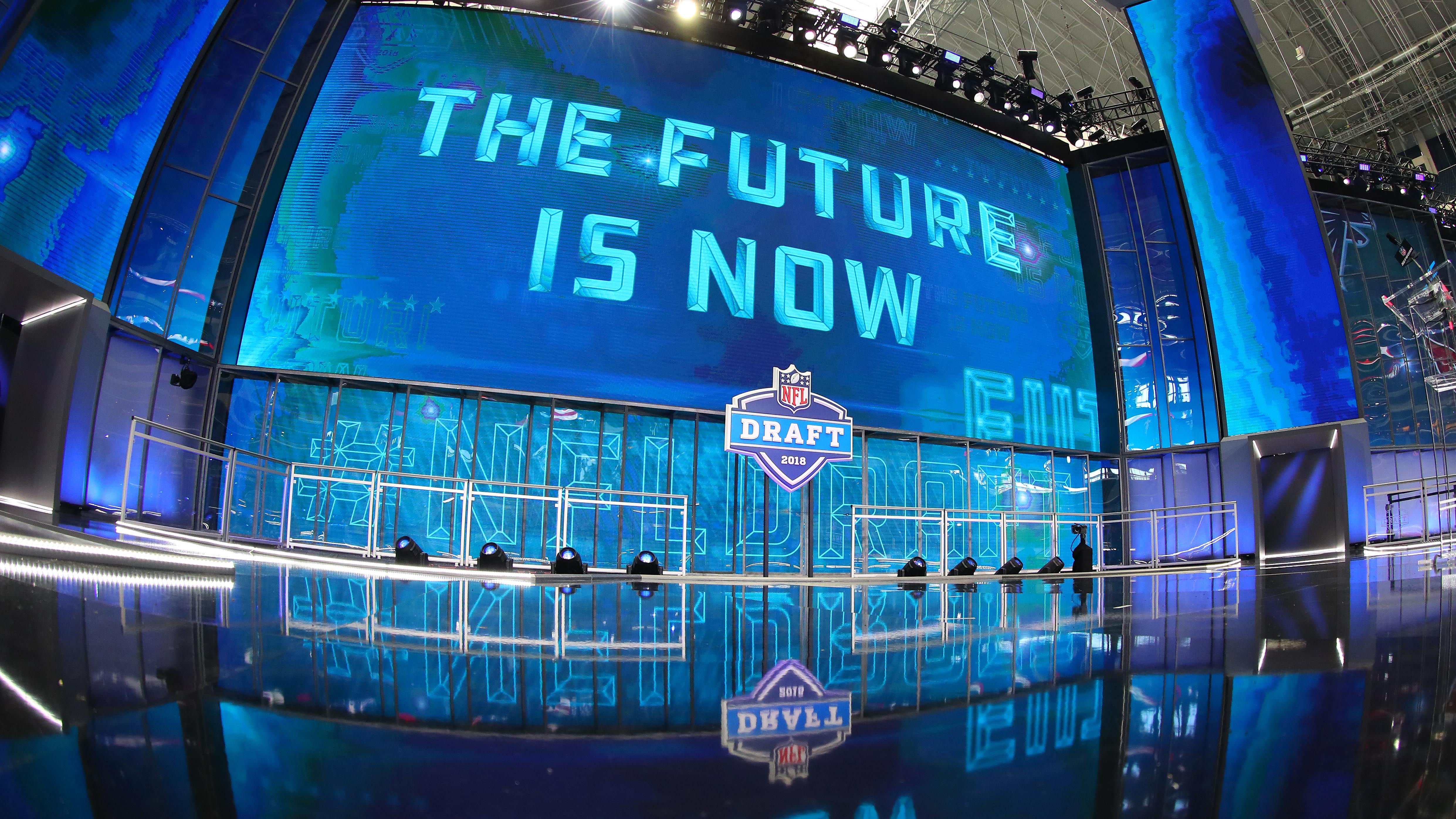As the noted philosopher once intoned, the past is for cowards and losers. Applied to the 2016 Bears, the latter already applies, though not wanting to look at the recent past shouldn’t be taken as evidence of cowardice, just not wanting to revisit pain.
Looking to the future is the obvious only option for an 0-3 football team.
“You’ve just got to go into every week like it’s a new week,” said linebacker Jerrell Freeman, one of the few encouraging parts of an injury-speckled defense, whose 34 tackles are approaching twice those of No. 2 Jacoby Glenn (19), with four tackles for loss vs. no one else with more than two.
“Every week is a new season regardless of whether you’re winning or losing. You can’t look back, you always have to look forward. Because if not, you won’t give the next team the respect they deserve and have another bad result.”
But the fan base can be excused for expecting a next bad result simply because the Bears have given zero indications that the future will be any better than the immediate past.
That is the signal concern: Who turns this around or, for that matter, even slows the rate of descent?
No Bears team has made the playoffs in a season that began with three straight losses. The 1932 team was winless in its first three, but those at least were scoreless ties. So postseason isn’t a relevant concept anymore except possibly as some sort of punchline.
NFL
But one vintage NFL axiom is that things from a game are seldom as bad upon later review than you thought they were at the time (they’re also never as good, either, but good hasn’t shown up yet). And turnarounds do happen.
But those do have to start somewhere. Any Bears season course correction for 2016 has three possible starting points:
A defensive 'village'
The Bears do not have elite talent on defense, meaning that the solution can come only from a marshaling of forces that makes the whole greater than the sum of the parts.
John Fox teams are built on defense, and consensus had the Bears as potentially a top-10 defense before the successive miseries vs. Houston, Philadelphia and Dallas. The Bears have zero defensive star power at this point, which is a problem, by way of understatement.
Fox’s 2011 Denver team started 1-4, then reversed itself and made the playoffs at 8-8 with Tim Tebow as quarterback. (It also had Marion Barber stepping out of bounds and later fumbling away the Bears game, but never mind that for now.) But that team had Elvis Dumervil and a rookie Von Miller combining for 21 sacks. The Bears have a total of four sacks, and players representing 1.5 of those (Eddie Goldman, Danny Trevathan) are out indefinitely with injuries.
But linebacker Willie Young cut to the chase: “We have to control the running game before we can have fun in the backfield,” he said after the debacle in Dallas with the Cowboys rushing for 200 yards. “I don’t know what was going on. All I could do is ask the guys to give me all you got. One play at a time, just give me all you’ve got.”
That would be a place to start.
[SHOP BEARS: Get your Bears gear right here]
Remember the 'Run and Shoop' offense?
John Shoop might have been the object of ridicule as Bears offensive coordinator. But when he took over after the defection of Gary Crowton to coach BYU, the Bears won two of their last three by running to the point of tackle James “Big Cat” Williams, nicknaming the offense the “Run and Shoop” offense. The linemen loved it initially because Shoop simply loaded up and ran the football and, most important, stayed with the plan.
The point is not to become plodding, which Shoop’s offense ultimately became. But the Bears abandoned the run at Dallas when they trailed 24-3 at halftime, even though they had the ball to start the third quarter and with one defensive stop after a touchdown could have been working to get within one score.
“It could have flipped quickly,” guard Kyle Long said. “One drive, it turns into a seven-point game, and that’s the NFL.”
The need for the Bears to run the football isn’t really worth spending time on. Obvious. The offensive line was built for running the football. But for various reasons coordinator Dowell Loggains has not had success with what was supposed to be the foundation of the offense. The Bears cannot win by being a pass-based team, regardless of whether Jay Cutler or Brian Hoyer or Matt Barkley is doing the throwing.
The Bears will not be blowing out many, if any, teams. Their best option is to wear opponents down in first halves, live with Jordan Howard/Joique Bell/whomever netting 50 to 60 yards in a first half, then turning the two- to three-yard runs of the first half into four- to six-yarders in the second.
Shoop would like that.
Get one win
Playoff chances mean nothing. How good or bad the Bears are means nothing. All that matters is winning, not games, but one game. The next game. As Fox and other players have said, the Bears have not put together one complete game yet. That is not going to happen automatically, but one play, one quarter, one half at a time.
And they know it. “You want to win games,” Freeman said. “There’s no panic. There’s a sense of urgency, that’s for sure. We’ve got to put out this fire and put it out quick, like yesterday or the day before.”


